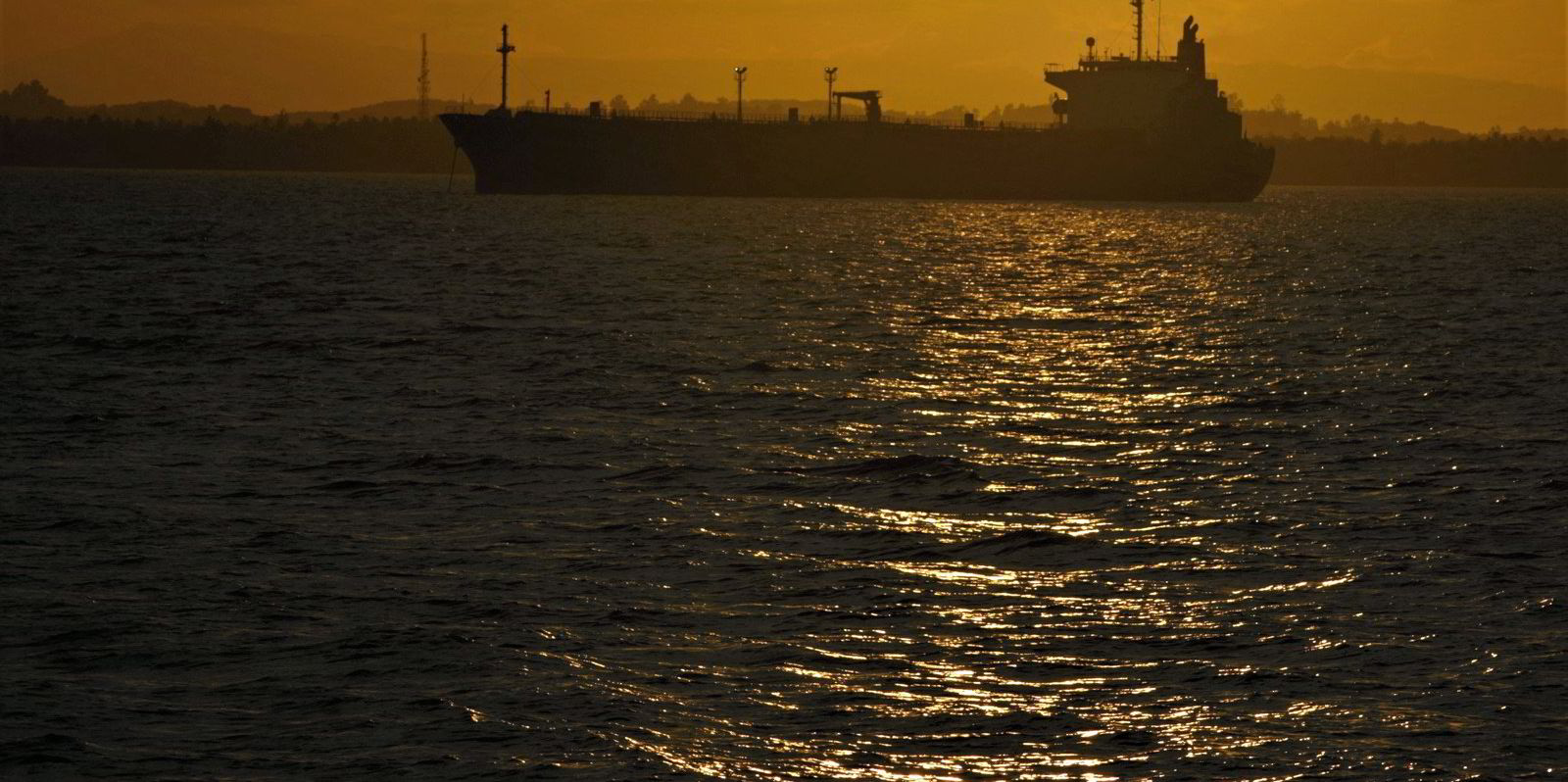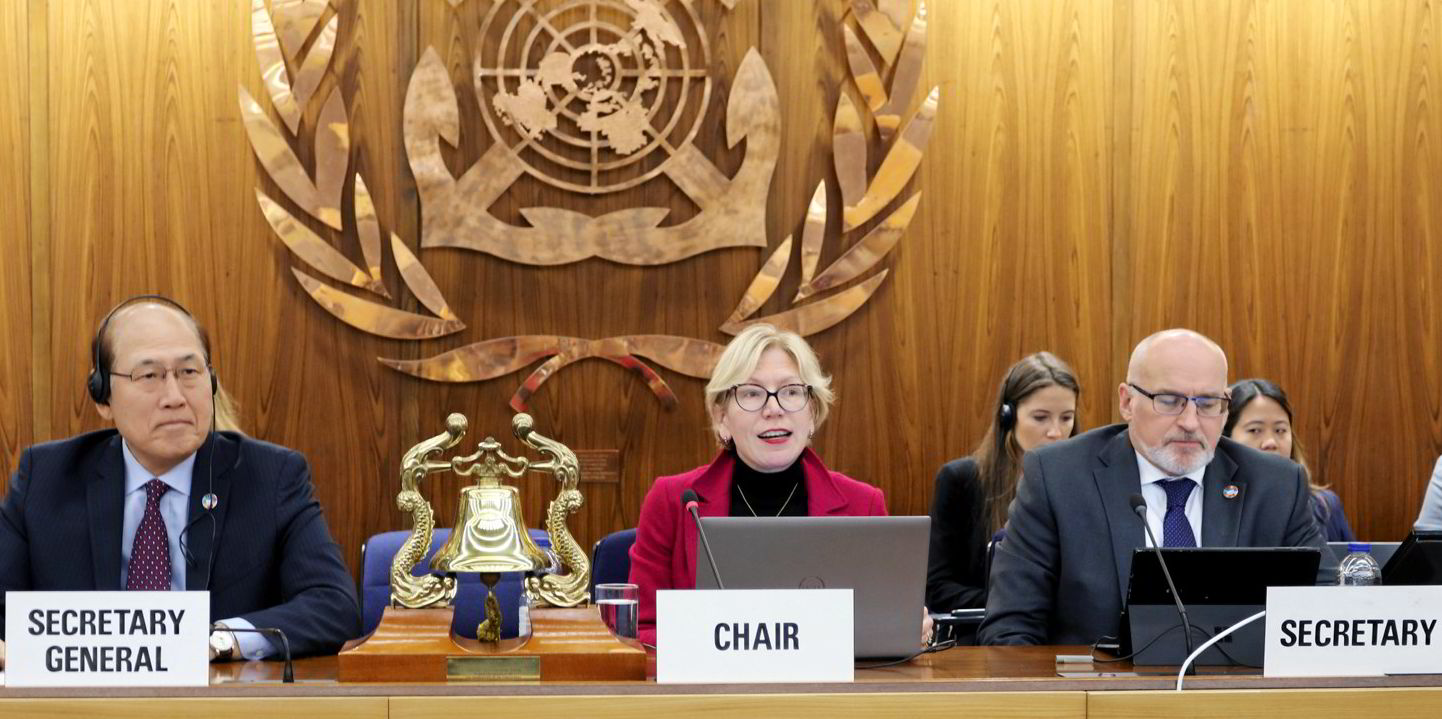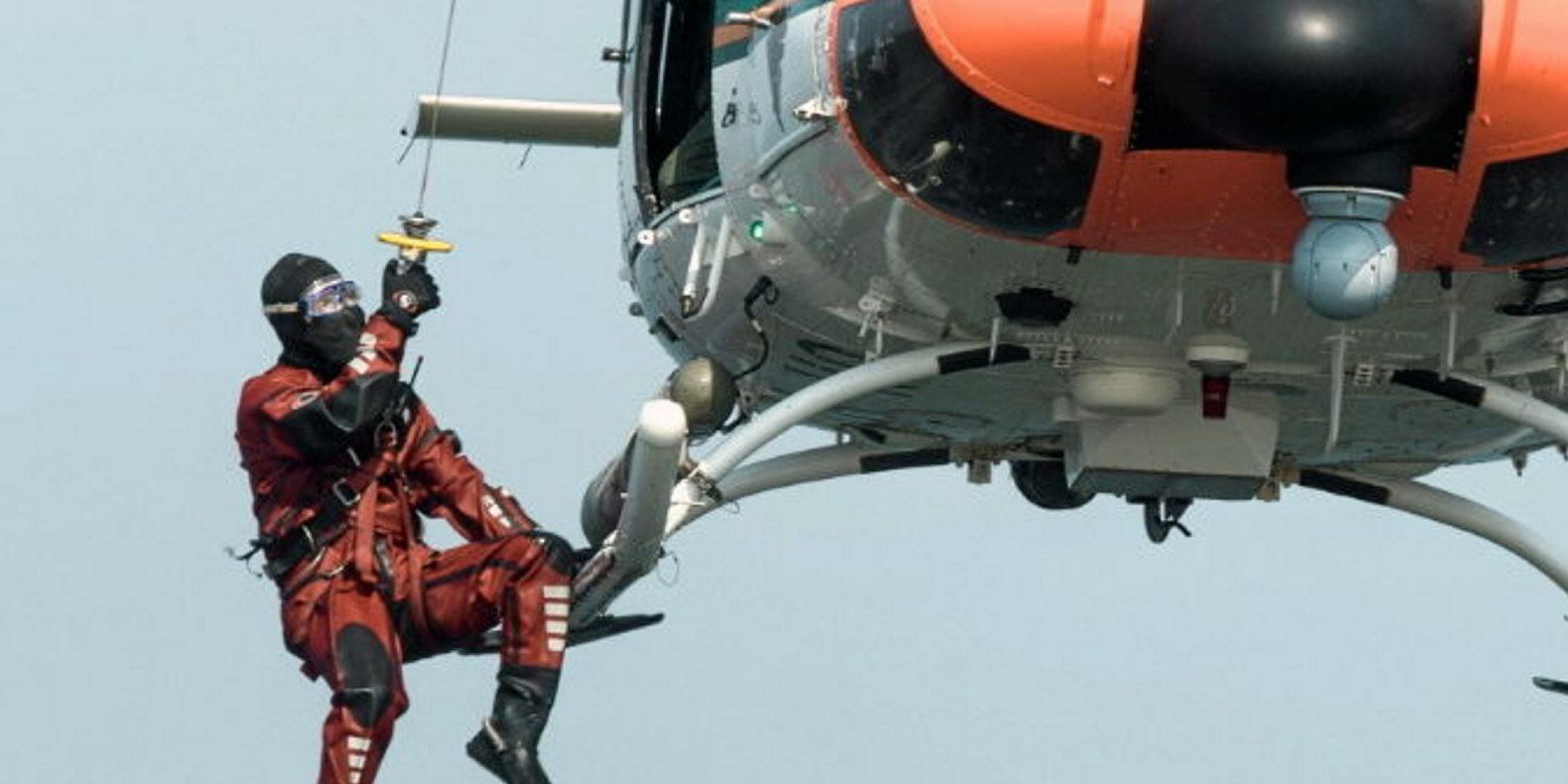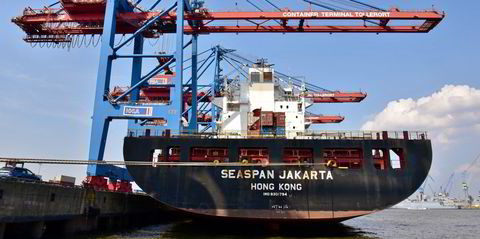Spain led calls on Tuesday for a crackdown on ship-to-ship (STS) transfers of Russian crude in international waters to avoid a costly clean-up after any accident involving an elderly “dark fleet” tanker.
Flag states and port control should do more to scrutinise the operations because of the growing risk of accidents during risky transfers involving poorly maintained tankers, the Spanish delegate told the International Maritime Organization’s legal committee.
Tankers involved in the activity included a 26-year-old vessel, the 106,500-dwt Turba (built 1997), which has not had a full inspection since 2017, the committee heard.
The tanker, owned by a Seychelles-based company, is sailing under the flag of Cameroon, which is listed as the highest-risk registry by the Paris MoU on Port State Control, the 27-nation body that inspects foreign-owned ships.
Coastal states should be able to impose restrictions on transfers in international waters if they could be affected by pollution from a botched transfer, said Spain, which has already tightened its rules on the transfers after a spike in activity off the exclave of Ceuta in the Alboran Sea.
Tankers seeking to carry out operations off Spanish shores must seek authorisation from the closest port authorities, according to a rule due to come into force next month.
The impact of Europe’s sanctions against Russia and a ban on crude imports has led to several aframax tankers discharging Urals crude to larger VLCCs in the Alboran Sea to reduce costs for the longer journey to markets in Asia.
The practice is also used to circumvent sanctions, avoid high insurance costs and mix cargoes to disguise their origins, the committee was told.
Daily violations
“Unfortunately, these violations continue on a daily basis, and it is only a matter of time before an accident occurs, which can lead to both human casualties and the pollution of the marine environment,” Ukraine told the meeting.
It said the transfers are part of a broader pattern of deceptive practices including the fraudulent registration of ships, AIS tampering and concealing information on the beneficial owners of vessels.
Canada said a “fleet of between 300 to 600 tankers currently operates as a dark fleet” to evade sanctions and high insurance costs.

“This fleet is primarily comprised of older vessels, including some that have not been inspected recently, have substandard maintenance, unclear ownership and certainly a severe lack of insurance,” its representative said.
S&P Global Market Intelligence has identified a 443-strong shadow fleet and nearly 2,000 ships at high or medium risk of breaching sanctions owing to their ownership or trading patterns. Trafigura puts the dark fleet at about 650.





